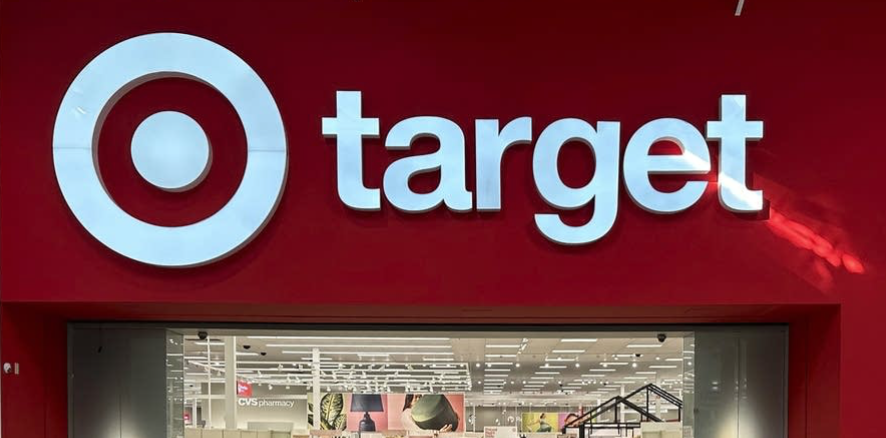Target Boycott Discussions: Al Sharpton Engages with CEO Amidst Controversy Over DEI Initiatives
Iconic civil rights activist Reverend Al Sharpton recently met with Target’s CEO, Brian Cornell, to discuss the retailer’s recent changes to its diversity, equity, and inclusion (DEI) strategies. This dialogue comes at a time when Target is grappling with declining store visits and potential consumer backlash from advocacy groups.
Mitigating the Impact of DEI Policy Changes
The meeting was prompted by Target itself, as the Minneapolis-based company has faced criticism for scaling back several DEI initiatives starting in January. Changes included the discontinuation of a three-year diversity plan, halting external progress reporting on diversity metrics, and reducing the promotion of products from Black- and minority-owned businesses. In light of these changes, Sharpton emphasized the importance of holding the retailer accountable to its earlier commitments made post-George Floyd’s death, which took place near Target’s headquarters. He remarked, “If an election changes your stance on fairness, we reserve the right to change ours,” referring to societal shifts in response to political events.
Sharpton’s Role and Future Actions
Sharpton described the conversation with Cornell as "constructive and candid." He plans to collaborate with fellow civil rights leaders, including Reverend Dr. Jamal Bryant, who had spearheaded a 40-day boycott of Target earlier this year. The National Action Network, led by Sharpton, is set to meet after the Easter holiday to discuss potential next steps based on their consultations.
Impact of Consumer Behavior and Retail Analytics
The conversation between Sharpton and Cornell comes against a backdrop of troubling retail analytics. Data from Placer.ai reveals that Target has experienced ten consecutive weeks of decreased customer visits compared to the same period last year. This decline represents a significant concern for the company, highlighting how shifts in corporate policies around DEI can impact consumer behavior and brand loyalty.
The Broader Context of Corporate DEI Programs
Sharpton’s engagement underscores a wider debate about corporate DEI programs, which have come under scrutiny from some conservative commentators advocating for a reduction of such initiatives. These dialogues reflect shifting perspectives on corporate responsibilities in social justice issues, prompting a reevaluation of how businesses engage with racial equity.
Conclusion: An Ongoing Conversation
The discussions between Sharpton and Target’s leadership highlight the complexities corporations face in balancing market pressures with social responsibility. As the landscape for DEI initiatives continues to evolve, the outcome of Sharpton’s future consultations may reshape not only consumer perceptions of Target but potentially set a precedent for other corporations navigating similar issues. The significance of this dialogue lies not just in its immediate implications for Target but also in the broader implications for corporate accountability in the realm of social and racial equity. The measures that companies take—or fail to take—could have lasting effects on consumer trust and brand identity in a landscape increasingly dominated by social justice considerations.
For those wishing to follow the developments and listen to related discussions, tune into the ongoing dialogue via available platforms regarding these vital topics.









